FSSAI’s ‘ORS’ Ban: The $21 Million Question—Will Child Safety Trump Corporate Stockpile?
FSSAI’s ‘ORS’ Ban: The Food Safety and Standards Authority of India (FSSAI) has delivered a landmark regulatory decision, marking a profound victory for public health advocates after a battle that spanned nearly a decade. On October 14, 2025, the FSSAI issued a clear and definitive directive: the term ‘ORS’ (Oral Rehydration Solution) can no longer be used on any food or beverage product unless its formulation rigorously matches the precise, medically-approved standards set by the World Health Organization (WHO).
This action was the culmination of a relentless campaign led by Dr. Sivaranjani Santosh, a Hyderabad-based paediatrician. Her efforts exposed a long-standing, dangerous marketing practice where commercial beverages, particularly those with high sugar content, were misleadingly labelled as life-saving rehydration solutions.
The doctor’s deeply personal commitment to the cause was evident when she shared an emotional video following the FSSAI’s order, declaring her hard-won success with tears and relief. For Dr. Santosh and countless parents, this was not just a bureaucratic change; it was the removal of a critical public health threat that exploited consumer trust.
The Deadly Deception: Why High-Sugar ‘ORS’ Poses a Risk
The core of the controversy lies in the difference between a true medical solution and a sugary drink. ORS is an essential, life-saving formula of specific salts and glucose designed to be absorbed efficiently by a dehydrated body.
According to WHO guidelines, a true oral rehydration solution must contain a precise mix per litre of water:
- 2.6 grams of sodium chloride
- 1.5 grams of potassium chloride
- 2.9 grams of sodium citrate
- 13.5 grams of dextrose
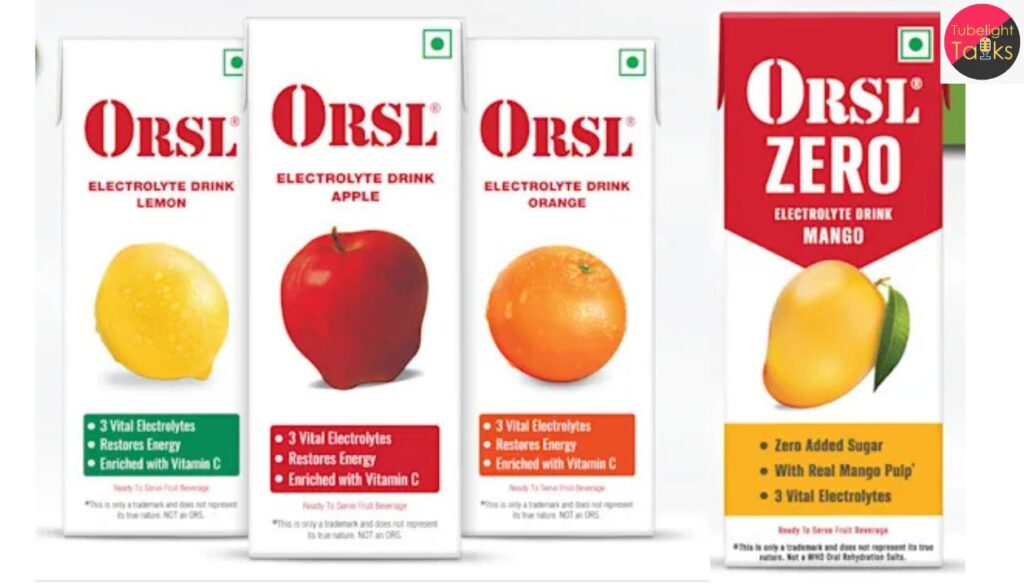
In stark contrast, many of the commercial “ORS” drinks being sold were essentially electrolyte-infused soft drinks. These products often contained more than 120 grams of total sugar per litre—nearly ten times the medically safe limit—and lacked the critical electrolyte balance.
The health risks posed by this misrepresentation are severe:
- Exacerbated Dehydration: The excessive sugar in these non-compliant drinks can actually draw water out of the body, worsening diarrhea and dehydration instead of alleviating it.
- Child Mortality: In India, diarrhea remains one of the leading causes of death among children under five. Parents, confused by misleading labels, were unknowingly giving their children products that could accelerate the very condition they were trying to treat.
- Consumer Misunderstanding: Earlier FSSAI permissions allowed companies to use the ‘ORS’ term with a disclaimer (e.g., “The product is NOT an ORS formula as recommended by WHO”), but Dr. Santosh argued these were often missed or misunderstood, especially by low-literacy or rural populations.
The new FSSAI directive categorically prohibits the use of ‘ORS’ in any form—standalone, or as a prefix/suffix in a trademark—for non-compliant beverages, citing that such branding is “false, deceptive, ambiguous, and erroneous.”
Legal Flashpoint: JNTL Secures Interim Relief
The regulatory victory faced an immediate and powerful counter-challenge in the courts. JNTL Consumer Health (India), the domestic subsidiary of Kenvue/Johnson & Johnson and the manufacturer of the popular ORSL drink, swiftly approached the Delhi High Court.
The company challenged the FSSAI’s abrupt policy reversal, arguing that the immediate withdrawal of earlier approvals—which had allowed the use of ‘ORS’ in trademarks with disclaimers—was enacted without due process or prior consultation.
In a pivotal interim order, the Delhi High Court granted JNTL temporary protection. This order dictates two key conditions:
- Suspension of New Production: The manufacture of new high-sugar variants under the ORSL label is suspended.
- Sale of Existing Stock Allowed: JNTL is permitted to continue selling its existing inventory, which the company valued at approximately ₹180 crore ($21 million), until the FSSAI completes its hearing and makes a final decision.
This temporary relief highlights the complex tussle between consumer protection and commercial and trademark rights. JNTL argued that the sudden ban exposed it to massive financial losses and the erosion of brand goodwill built over two decades.
The Ethical Quandary: Controlling the ₹180 Crore Stock
Dr. Sivaranjani Santosh and other public health advocates have raised grave concerns over the High Court’s interim order, viewing it as a dangerous regulatory loophole. She fears that companies will now aggressively push this existing stock into the market under the pretext of clearing inventory, potentially overriding the spirit of the FSSAI’s protective ban.
Her appeal to the authorities and the public is clear and firm: the sale of this existing stock must be strictly managed to prevent further confusion and harm.
Essential Safeguards Demanded by Health Advocates:
- Exclusion from Medical Settings: The existing ORSL stock must be pulled from all pharmacies, hospitals, clinics, and schools, where consumers rely on labels for medical integrity.
- Restriction to Supermarkets: If the stock must be cleared, it should be limited to general supermarkets and quick-commerce platforms.
- Mandatory Relabelling: The product labels on the remaining stock must not mention ‘ORS’ in any capacity, even as part of the trademark, to ensure consumers are not misled into buying a non-medical solution for a medical crisis.
This situation presents a crucial ethical test for both the food regulator and the pharmaceutical company. While the court respected the company’s right to challenge the process, the public health sector is demanding that child safety take absolute precedence over the value of a high-sugar beverage stockpile. The continued presence of these products on shelves risks eroding public trust in genuinely life-saving essential medical therapies.
Read Also: Rural Healthcare in India: Major Government Initiatives in 2025
Future of Hydration Labelling in India
The FSSAI’s decisive action to rescind previous allowances for the use of ‘ORS‘ branding is a significant precedent for truthful health labelling in India. The final ruling from the FSSAI, following JNTL’s representation, will not only determine the fate of the ORSL brand but will set a powerful benchmark for how food and drug regulations intersect, especially concerning products marketed to vulnerable populations like children. The spotlight is now on FSSAI to rigorously enforce the distinction between a commodity and a critical medical formulation.
Science, Spirituality, and the Assurance of Protection
The battle to protect health in Kalyug is ongoing. Where the advancements of science may eventually falter against deadly or unknown diseases, the power of true spirituality begins. According to scriptures like the Rig Veda, the power of God can cure deadly diseases and increase a devotee’s lifespan. Followers attribute the true way of worship provided by Sant Rampal Ji Maharaj with providing relief from many deadly diseases and worldly problems. For complete spiritual knowledge and protection, readers are encouraged to explore the book Gyan Ganga.
Regulatory Standoff and Public Health Precedent
The FSSAI’s landmark ban on non-WHO-compliant ‘ORS’ branding, driven by the sustained advocacy of Dr. Sivaranjani Santosh, establishes a crucial public health safeguard against misleading, high-sugar beverages. However, the victory is currently complicated by the Delhi High Court’s interim order, which protects JNTL Consumer Health’s right to sell its existing ₹180 crore stock. This legal standoff pits corporate trademark interests against the immediate need for child safety, forcing a national debate over whether regulators must ensure these potentially harmful products are kept strictly out of medical environments, thus preventing further consumer confusion and protecting the integrity of a true, life-saving WHO-recommended ORS formula.
FAQs on the FSSAI ORS Label Ban
1. What did the FSSAI ban?
The FSSAI banned the use of ‘ORS’ (Oral Rehydration Solution) on any food or beverage that does not meet the precise WHO-recommended formula.
2. Why are these drinks considered dangerous?
They contain dangerously high sugar levels (up to ten times the WHO limit) and incorrect electrolytes, which can worsen dehydration and put children at risk.
3. Who spearheaded this public health campaign?
The campaign was led by Dr. Sivaranjani Santosh, a Hyderabad paediatrician, whose nearly decade-long advocacy resulted in the FSSAI’s directive.
4. Why is ORSL stock still available?
The Delhi High Court granted JNTL (ORSL manufacturer) an interim stay to clear its existing ₹180 crore stock before the ban takes full effect.
5. What is the key concern about selling the existing stock?
Dr. Santosh worries the sale of the existing stock, particularly in medical settings, will mislead parents and compromise the safety and integrity of true ORS.
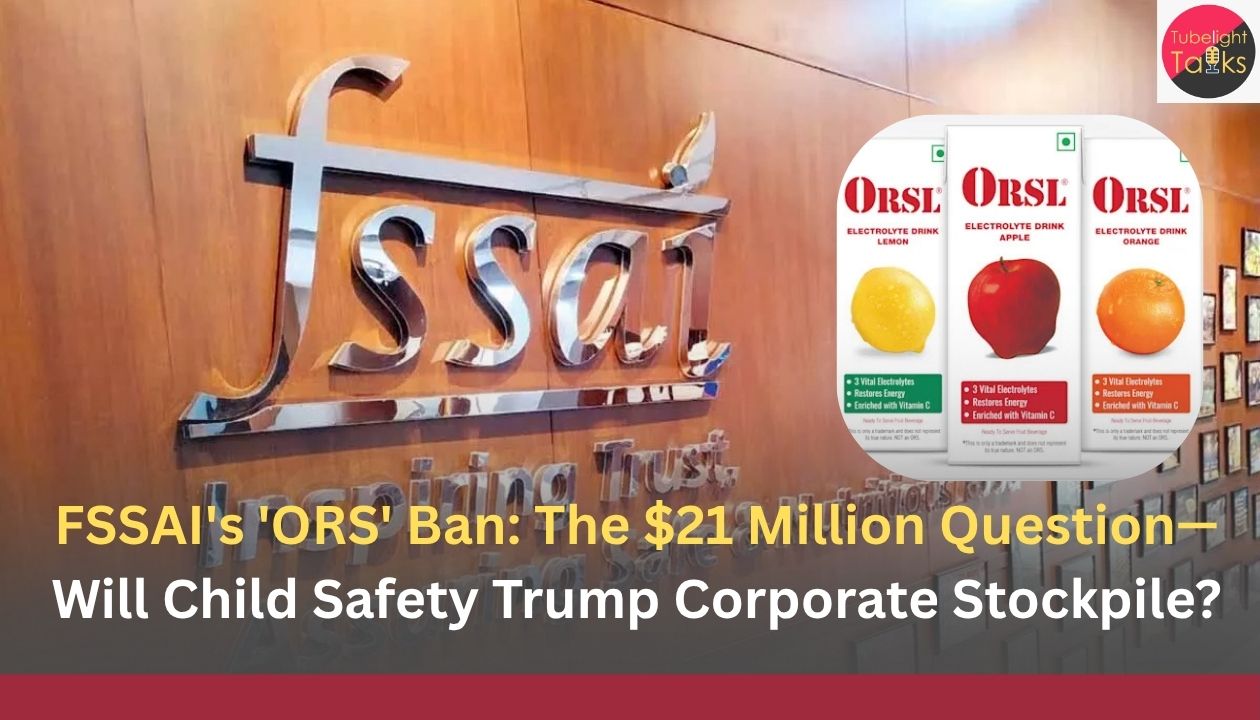


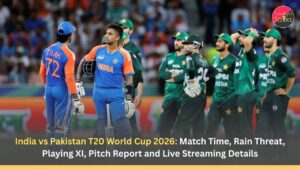


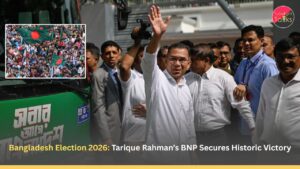


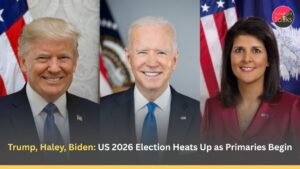
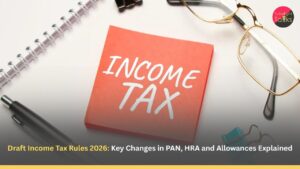
Discussion (0)